Last year I made a post on the MOTHER 3 translation blog offering the translation to Nintendo in case the game ever gets a Japanese re-release on a new platform. I won’t reiterate the details of the offer here, but one thing I mentioned was that this sort of thing has happened before – that game publishers sometimes do license fan translations for official releases.
I sort of skimmed over this topic in my MOTHER 3 post, though, so I thought now’d be a good opportunity to list a few examples of fan translations that went on to become official translations!
Ys: The Oath in Felghana
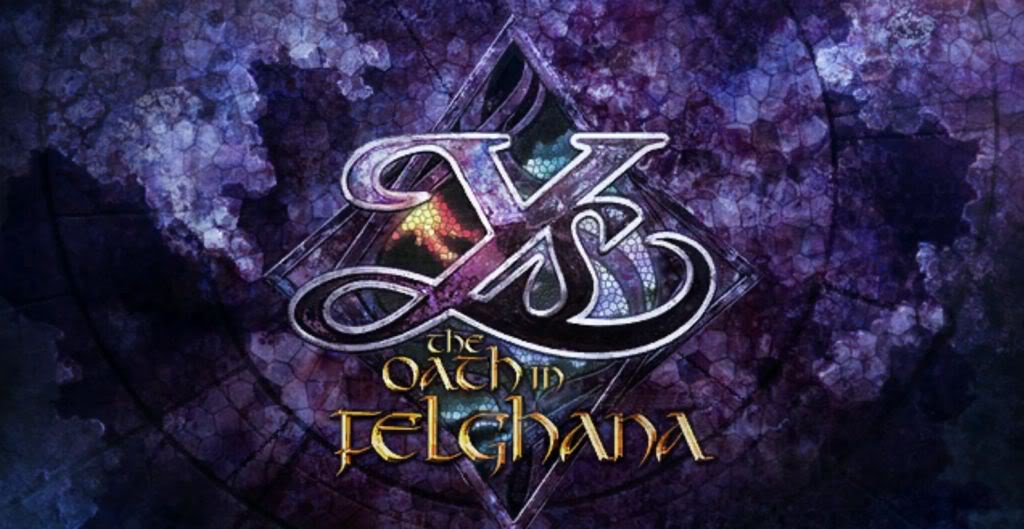 |
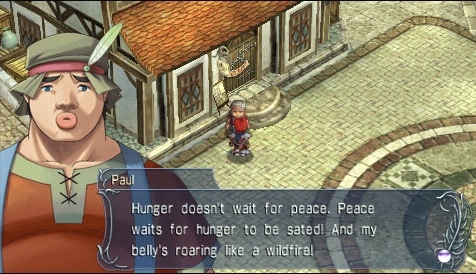 |
This is probably the most well-known case of an English fan translation being made official.
Originally, Deuce and Nightwolve worked on a fan translation patch for the Japanese PC version of this game. Later on, in 2010 or so, North American publisher XSEED approached Deuce and made a deal to license his fully-translated script.
Deuce’s script was used as the base for the English-language PSP release and later on for the English-language PC release, which is available on Steam now. XSEED also licensed some of Deuce’s other Ys series translations as well.
Ef – A Fairy Tale of the Two
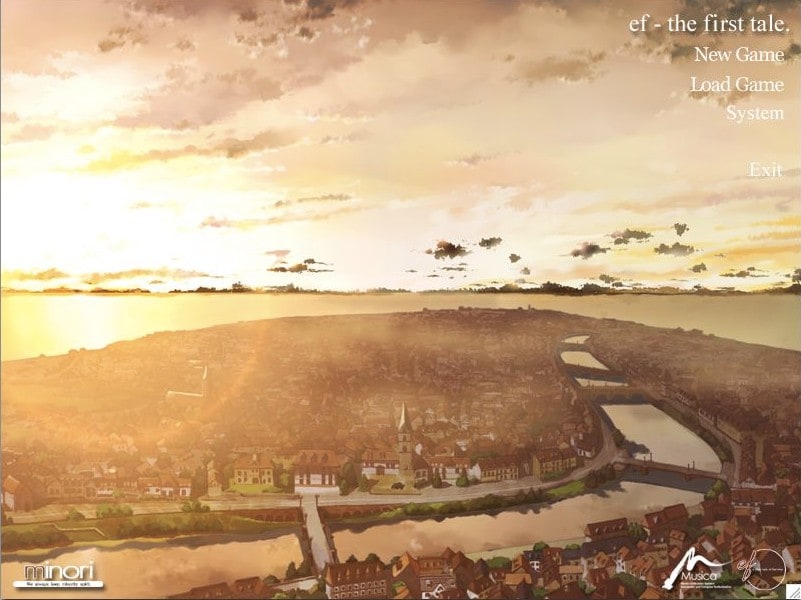 |
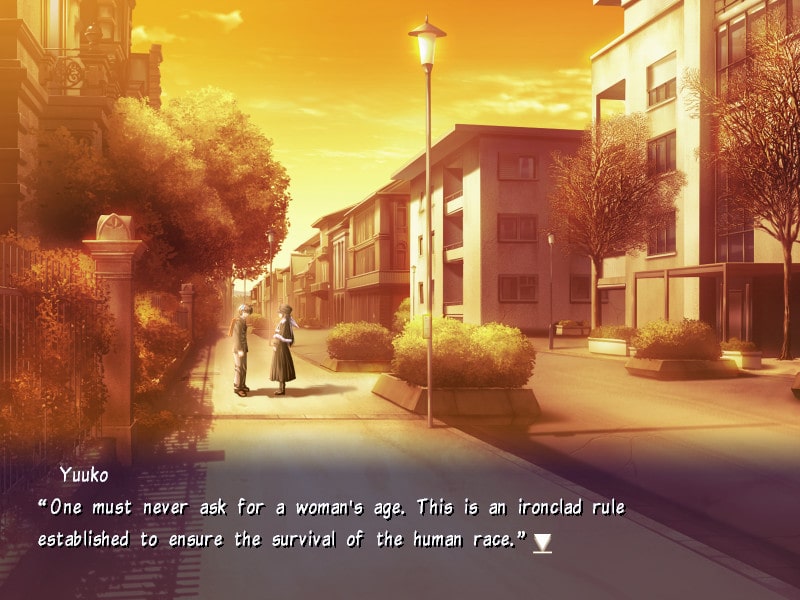 |
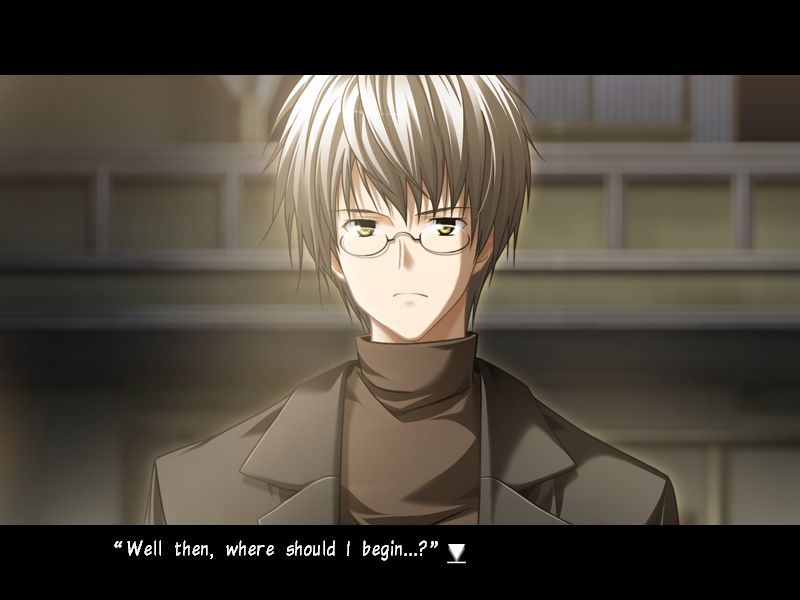 |
In 2010, Japanese company Minori sent cease-and-desist e-mails to No Name Losers, a fan translation group that was working on an unofficial translation of this game. I actually remember seeing a lot of little news blurbs about this, and was surprised when the end result was that Minori, No Name Losers, and MangaGamer came to an agreement shortly after to produce an official release based on the fan translation.
This is actually an incredibly interesting story that’s probably worthy of an article of its own. I’m still amazed that something like this happened AND that it happened out in the open!
Aselia the Eternal
 |
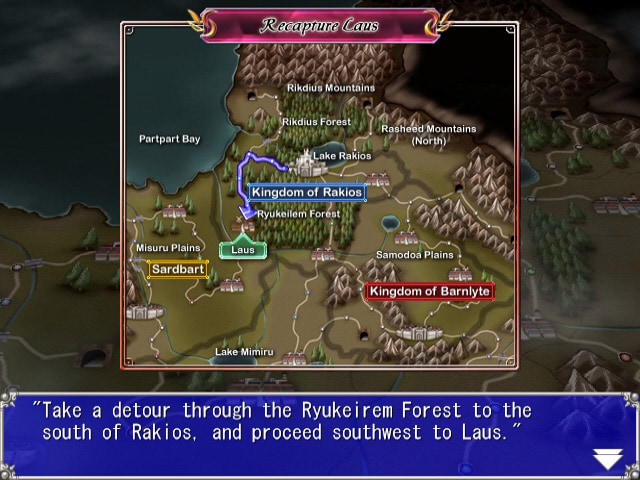 |
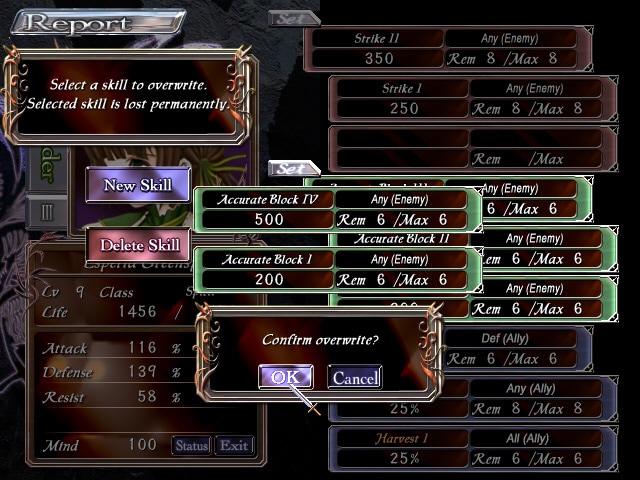 |
In 2011, when JAST USA wanted to publish this Japanese game in English, it approached Dakkodango Translations and struck a deal to use the group’s translation for the official release.
School Days HQ
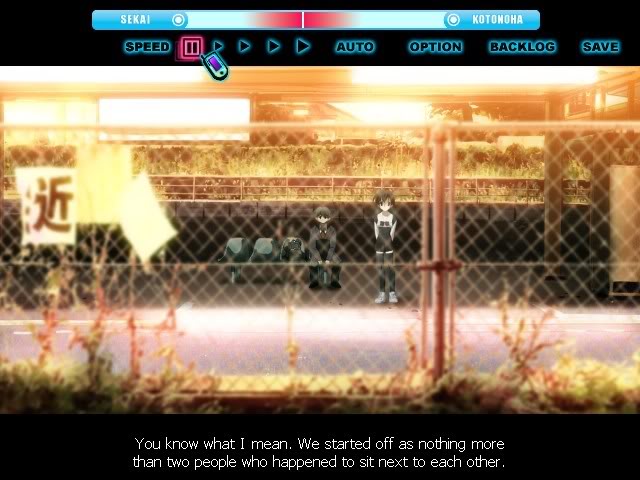 |
JAST USA made a deal with the localization group Sekai Project to use its unofficial translation of School Days HQ for the official release. JAST USA even proudly posted about it on the company’s official site here (NOTE – parts of JAST USA’s site are NSFW).
Steins;Gate
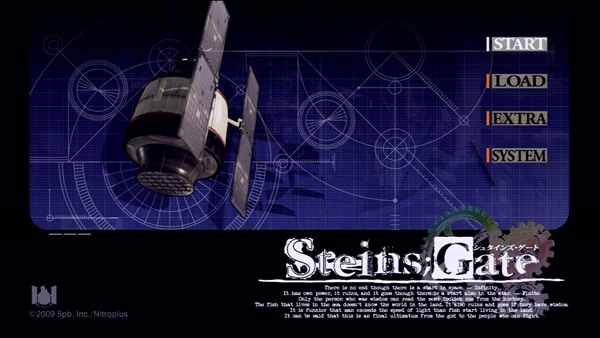 |
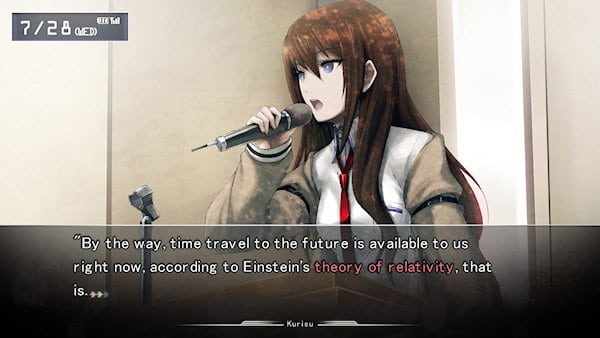 |
The Steins;Gate franchise is a pretty big deal, so the announcement that JAST USA is going to base the official localization off of the fan translation was a bit of a surprise at first. But it also makes sense from a money and resource perspective, plus JAST USA has worked with fan groups in the past, so this is becoming a more normal occurrence now.
The official English game hasn’t been released yet (as of January 2014) but I believe it’s set to come out pretty soon.
Fragile Dreams ~Farewell Ruins of the Moon~
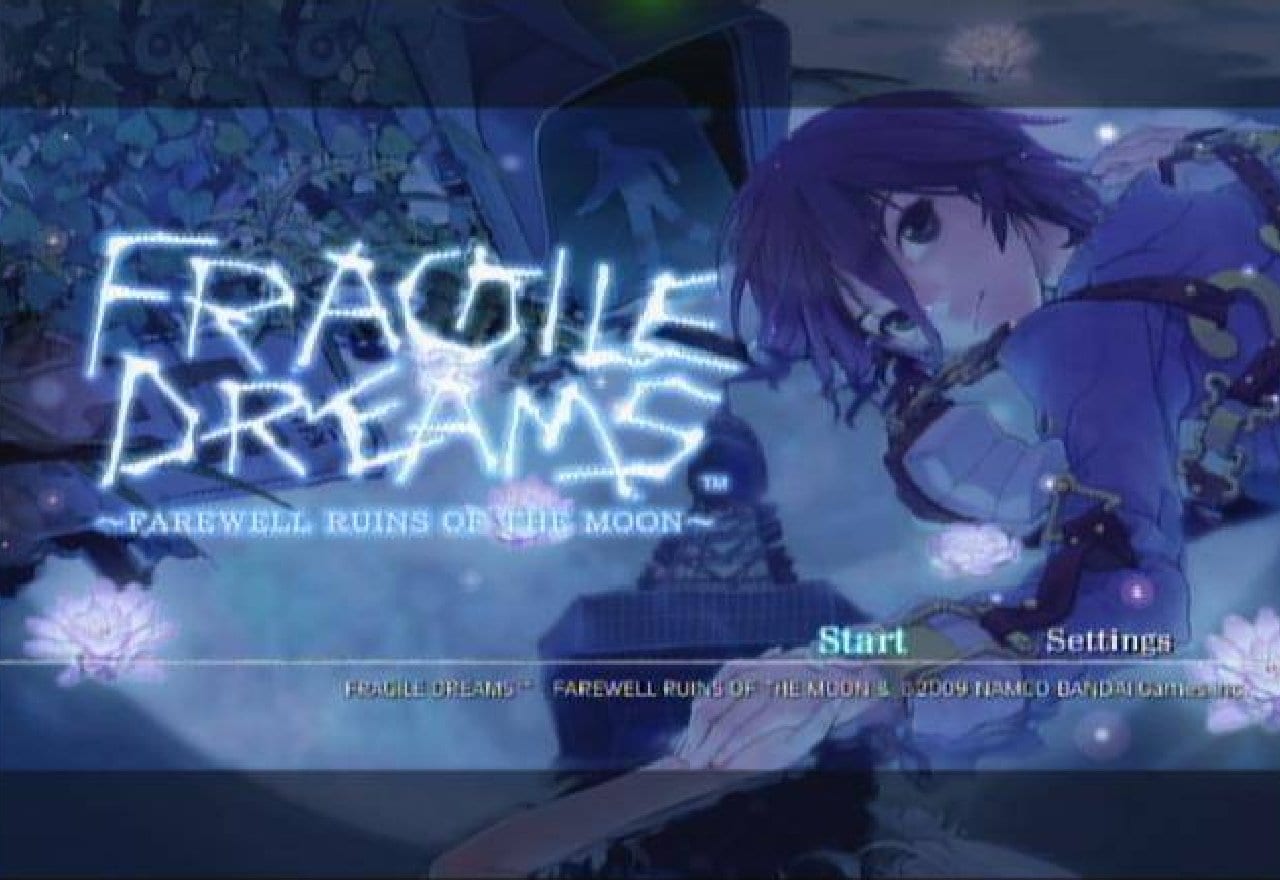 |
So far, we’ve only looked at English fan translations that have become official translations, but it happens with other languages too. For example, in 2010, Fragile Dreams for the Wii was translated into Spanish by a large group of fans. What’s even more interesting is that the publisher didn’t approach fans; it was fans who approached the publisher, through the Spanish gaming news blog DSWii.
It’s a pretty interesting story, check out the details here!
Update: Some readers have sent in details about this project. Originally, Rising Star Games and Namco Bandai had agreed to release an official translation based on a fan-made translation. Work progressed for a bit, but apparently the fan side fumbled the ball a bit and the official support started to fade somewhat, resulting in the deal falling apart. Later on, a different fan group released an unofficial translation.
Gone Home
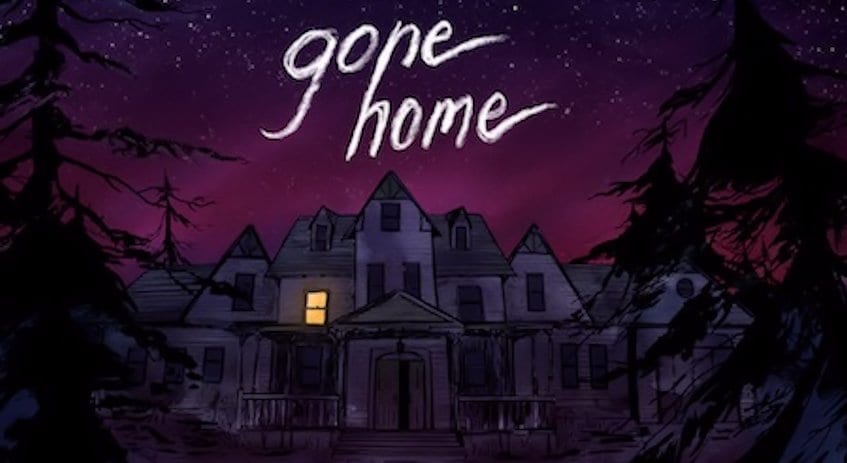 |
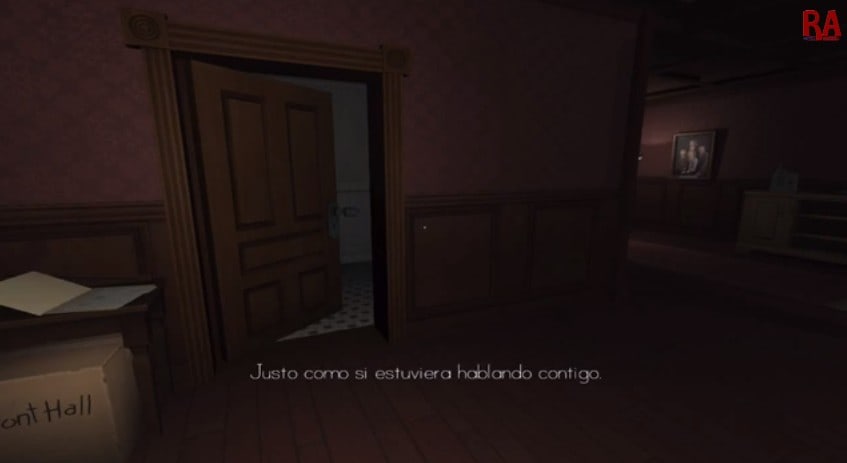 |
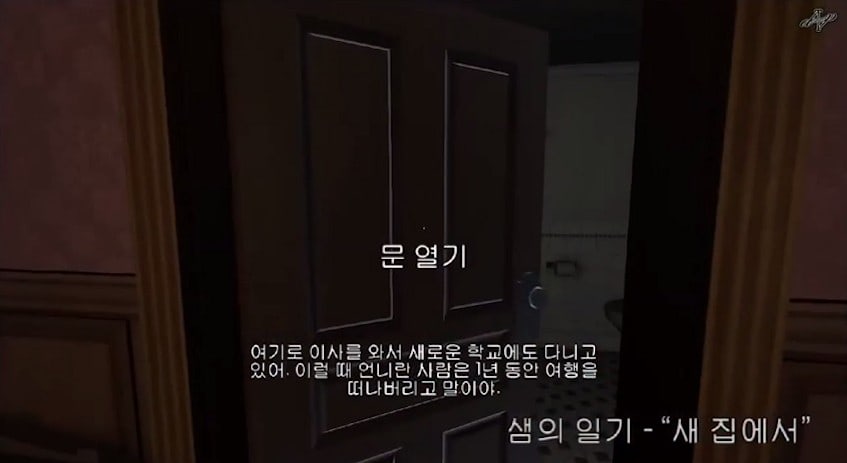 |
Sometimes there are companies that actively encourage fan participation, including fan translations into other languages. A good example of this would be The Fullbright Company’s game, Gone Home. The company not only invites fans to translate the game into other languages, it even provides the technical know-how and support!
 |
These are just a few instances of fan translations that have received official status or have been accepted by the publisher. From the above examples, it’s clear that this is a pretty recent trend in the industry and that these projects can become official in a number of different ways. It’s often the game publisher that approaches fans, but not always. And sometimes there’s even an open invitation to fans!
Again, I’m sure I’ve missed a lot of other examples, so if you know of any others, let me know! And they don’t even need to be English fan translations – if you know of any fan translations in any language that became official, share them in the comments!
There’s still so much more to discuss on the topic of fan translations and their place in the video game industry, but for now I just wanted to list some examples of fan translations that have made the leap to official status. Whether or not a particular fan translation can serve as an official translation is a big ol’ issue of its own, so I hope to cover it in a future article of its own.
The concept of companies taking fan-created works and making them official isn’t just limited to game translation, though. I’ve heard plenty of stories about game modders, fan artists, fan musicians, and more getting picked up by companies. If you know of any such examples, whether game-related or not, please share them in the comments! I genuinely want to know more about this whole creator-fan symbiosis thing – it’s fascinating!



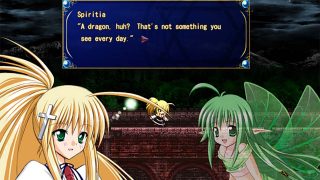


I translated Escape Goat (PC version) to Spanish. I volunteered, and it took me a while, but it’s done and available.
Now if only I could get more jobs doing this…
minecraft did something like this, inviting the community to make fan translations, last i heard people were mucking it up filling the game with racist slurs rather than actually translating, but that was a while ago maybe it’s ok now.
As for your alt-text on Ys, the trio of games on the Ark of Napishtim engine (Ark of Napishtim, Oath in Felghana and Origins) are pretty different from all the previous games (for the better) and the best parts of the series (just be sure to play the PC releases. The gameplay encourages you dodging EVERYTHING and 60 FPS+high resolution help a lot with that). Start with Oath (which actually replaces Wanderers from Ys in the storyline) the next time it is on sale.
If you found Wanderers from Ys hard though… you really shouldn’t play on hard.
(to be clear: that’s a warning for those 3 games, not WoY)
Some more fan translations that became official that come to mind:
• Hatoful Boyfriend – After the English fan translation for the demo brought attention to this game, the developer seems to have hired the translator to translate the full game, now available on DLsite.
• Narcissu 1 and 2 have English translations from three fan translators that were approved by the developer and has now been greenlit for Steam.
• True Remembrance – The original creator actually seems to have worked closely with the fan translators from what I can tell.
Also, some fan translations from TLWiki were later turned into commercial releases (some links NSFW):
• Deus Machina Demonbane, later released by JAST USA
• Hanachirasu, to be released by JAST USA
• Kara no Shoujo, released by MangaGamer
• My Girlfriend is the President, later released by JAST USA
• Saya no Uta, later released by JAST USA
I recall RPGFan mentioned the Oath in Felghana translation bit on the review for the game: http://rpgfan.com/reviews/Ys_The_Oath_in_Felghana/index.html
The one you played was Ys III or Wanderers from Ys, once referred to as the black sheep of the series due to the fact the game switched to 2D platforming instead of the Zelda style map gameplay the first two titles were known for. The game got ported numerous times and updated for the PS2 with bigger sprites and stronger audio, but they largely were uninteresting to all concerned. When they finally completely remade Ys III into Oath, it was what everyone wanted for so long. It’s now considered by many to be the high point of the Ys series with insanely addictive difficulty choices and the “black sheep” label now goes to Ys V. Ys IV got remade, by Falcom this time, which resulted in a high quality game on the Vita that has the epic party combat of Ys Seven. Bottom line, the Ys series has had a weird history over the years. Hardcore Gaming101 covers the whole series history up to its current iteration.
I wonder if this could be the start of some kind of “revolution”. They should seriously hire these fan translators full time so the effort to get more niche games is strengthened. It’s nice to know so many people, including yourself Clyde, have vast knowledge of Japanese and can make such productive use of it in the gaming industry.
Hmm, I wonder if anyone would want Turkish translations done for JRPGs…
As far as I’m concerned, the Spanish translation of Fragile Dreams was not approved by the publisher and therefore the community decided to translate the game themselves. In fact, those screenshots come from Tío Víctor’s fan translation: http://tiovictor.romhackhispano.org/fragile-dreams-farewell-ruins-of-the-moon/
However, you can’t use the patch unless you do have an original copy of the game, since they used a peculiar patcher named Riivolution. http://rvlution.net/riiv/Main_Page
Back some years, somebody made Bejeweled and Peggle addons for World of Warcraft, running entirely in WOW’s Lua implementation with ripped-off graphics. When Popcap found out about them, they hired the guy.
I think Clyde’s talking about translations from one spoken language to another, not from one programming platform to another.
They’re different types of languages. 😛
“I’ve heard plenty of stories about game modders, fan artists, fan musicians, and more getting picked up by companies. If you know of any such examples, whether game-related or not, please share them in the comments!”
Not exactly the same, as its not a translation, but a mod for Age of Empires II became an official Expansion for the HD Edition rerelease on steam.
A horse mod for Minecraft became official that way, too. This also reminds me of how Steam now has the Steam Workshop for some games, some non-Valve games too, like Skyrim. Seems if a mod is good enough, publishers might even make it official these days!
There’s a shady side to this concept, where a company will take a fan translation and use it without attribution or remuneration. I heard that’s what happened with Nicalis’ port of Cave Story, but I can’t confirm that right now.
There’s a sort of paradox to that… Whether or not it’s possible for someone to retain intellectual property rights to an illegal translation is a tricky subject. I’m no expert when it comes to law, but I imagine it would be illegal for the IP holder of the source work to claim ownership of a translation, even if it is unauthorised.
Still, I don’t really hear about this happening. The companies I know of that have a history of utilising fan translations have created new translations from scratch if getting permission to use the fan translation wasn’t possible.
Oh yeah, another game comes to mind: MangaGamer’s release of Soul Link originally started out as a fan translation. MangaGamer hired the translator (who is still with the company today), and so the release of the fan translation patch was halted and was turned into an official release. (I suppose it’s a slightly different case from the games mentioned in the article though, since the fan translation patch was never actually released.)
I think Nicalis had only used the fan translation as placeholder text during development on Wiiware before they made their own translation that’s supposedly more faithful to the original.
They wouldn’t just use fan content without permission.
Even when it was pointed out that the extra modes of Cave Story+ (an updated rerelease of the Wiiware version on Mac, PC and the 3DS plus some more features) are based off of various mods from the original Cave Story, as far as I know, the mod makers themselves said that they gave Nicalis permission to use them.
No, that’s not true…having played Nicalis’ version, there’s plenty of dialog that’s a different in various ways.
Okay, so what happened here:
They used Aeon Genesis translation during development, and it still is in the game.
However, they changed and reworded it for the normal mode.
THEN they also used fan mods… as-is. Because these mods are almost entirely untouched, they still obviously have all the original game and Aeon Genesis’ stuff.
tl;dr The fan translation is there, but unused.
That’s interesting. Strange, though, since the fan translation is much better than the “official” one, especially compared to the original Wii version which had a lot of typos and grammar mistakes.
It’s even weirder in that Pixel himself thanked Gideon Zhi back when the game was first revealed. They could’ve been involved in a good re-translation if simply asked about it.
So it’s strange Nicalis then took the approach they did.
Huh! I never knew that this actually really happened.
Looks like most of the examples are visual novels, which is nice to see. Makes sense, too; they usually have huge amounts of text, so liscencing existing translations probably makes much more sense than translating everything from scratch.
The thing with Fragile is really interesting, though, I didn’t know about that!
I feel a little slighted.
Yeah, I wasn’t sure what I should say, if anything, about your own stuff :X
Fair enough. Not like it really matters since I scrapped the entirety of the fan work on Seinarukana and both are now in Jast Limbo.
Baldur’s Gate 1 and 2 Enhanced editions have been or are currently being translated into different languages nearly entirely through volunteer work. When a translation is completed, it’s even included in the official patches.
Ah, yeah — I remember back in the day, Bioware was pretty gung-ho about community content. The original Neverwinter Nights even had a big “community resource pack” that was a bunch of models and skins and tilesets made by fans that was distributed by Bioware.
Isn’t Square-Enix recent PC versions of FF7 and 8 pretty much the original PC versions with fan mods applied? (and thus why FF9 HD isn’t likely to come, because the original PS1 version was never ported to PC)
They’re updated versions of the original games.
The original versions were difficult to get to work on modern systems. These new ones were rewritten to add Steam achievements and other pointless things.
We fan translated Hellsinker to English awhile back, which honestly has way more text than you would expect from a shmup, and that eventually became the official version for a bundle deal on Groupees not too long ago. Complete with being hacked in because there was just no way we could have worked with the source code even if we had it, haha. Tonnor, the original creator, was pretty ecstatic about it. (There’s no standalone sales right now but I’m not involved on any of that so don’t ask me!)
Some relatedly, Hatoful Boyfriend had Nazerine translating the free version, and the original author liked it so much she hired her to do the translation for the full version. I helped on getting the free version together but had no involvement beyond that.
I’m not strictly sure if this counts as they are separate games, but vgperson and I worked on one of desunoya’s games (notably Nitroid) and he was so impressed by the enthusiasm of the western community that he got us to work on one of his other games in an official sense, which ended up being Tobari and the Night of the Curious Moon. Barely sold at all but was fun. His other games are mostly Touhou and I’m pretty sure he encourages usage of the unofficial fan translations, but he obviously can’t release official ones as it currently stands. (If it ever gets to the point that he can I have no doubt he’d take them up, though!)
Non-translation example:
JenesisDS was a genesis emulator for the ds. It worked reasonably well, but during development, the creator and sole developer of the project disappeared. After a long while sonic classics collection for the ds is released, which contains all the classic genesis sonic games. When people inspected the credits, they discovered that the creator of jenesisds was hired by sega.
The PC version of said emulator was also the basis for the emulator used on this one site Sega used to have around that time, PlaySEGA, which had a selection of Genesis games as well as some Flash-based stuff, which is funny since the emu was based on Java.
http://segaretro.org/PlaySEGA
Not quite a fan-translation, but still notable!
Earlier last year, it was announced that the cult-classic Xbox 360 game Deadly Premonition was getting an updated rerelease for the PS3 and PC that fixed the original game’s ridiculously borked controls, polished the graphics, and updated with a few random odds ‘n’ ends here and there. To go alongside this, the publishers released a gigantic companion app for the game that served as a guidebook for the game and a chronicle of its people, world, and lore. One of the people they got to work on it was a well-known fan of it who operates a fansite for it (“Welcome to Greenvale” is the name; can’t remember the URL offhand), and, since she’s a graphic designer, she provided some slick assets for it, including a neat version of the in-game map that’s supposed to look like the main character’s been using it. Coffee stains and all! 😛
http://whitneyc.deviantart.com/art/Distressed-Greenvale-Map-349825295
Am I the only who is a little weirded out by this?
Fan translators do what they do out of love of the series and a chance to broaden their skills. While their abilities might improve, at the end of the day they’re fans working on a labor of love. Rewarding them directly for their labor seems like an insult to all the other fans who contribute to the fandom but are not paid. It also can turn the motivation of future translators from pride in their good work into an impetus that’s more base…money.
Yeah, like I mention in the article, I felt it would be better if I saved the “could/should” aspect for its own dedicated article, for now I just wanted to make a list of examples.
Although I would argue that not all fan translators have the same motivation – some do it out of love for the project/property, but some do it out of pride, some do it out of ego, some do it for the challenge, some do it for fun, some do it out of their love for translation itself, some do it to hone their skills, and some do it to build their portfolios. In fact, literally every professional translator I’ve ever met or worked with has been or is currently a fan translator too.
That said, you’re absolutely right to feel uneasy – exploiting fans wouldn’t be cool, and there’s just something strange about companies relying on fans and not the other way around. Still, I think if a fan is glad and willing to let their work or services be used for money (or even for free, like me and Mother 3) then that’s their prerogative. Of course, there are plenty of other parts of the equation, like the quality of a fan translation, how too much fan translation acceptance could hurt the professional industry, exploitation going in both directions, and so on. I hope to cover lots of this in a future article.
Honestly, it’s a bit of a shame I’m not into doing this sorta thing. I’ll be honest, and this is not an affront to anyone who feels otherwise: If I were to make something like this (a fan-translation, for the sake of an example), and the company behind the game were to approach me about using it…I couldn’t accept their money. I’d basically say, “Put my name on it, and that’s all I could ask.” Not for the attention, the fame, the whatever…but just to say, “Hey, I did something good for a game/franchise/company I love. I gave back.” I wouldn’t feel right, taking their money. To give back to something I dearly love (like a game near and dear to my heart)…that would be repayment enough.
And that’s all I have to say. (No judgments passed on anyone, promise; just giving my personal viewpoint on this.)
Something like this happened with Ultima Online many years back. An emulated fan-server I played on had the setting being Britannia during the time of Ultima 8. One of the large quest arcs involved a character creating a time machine to go back in time to before the events of Ultima 1, and kill the antagonist from that game before he was able to become the villain. This essentially obliterated the original timeline, and left the world completely different from what it was like after the cataclysms caused by the first villain and his successors in following Ultima games.
One of the players on the server wrote the backstory of their character that included a warlord named ‘Belo Ondariva’ from their family history. The player’s character history was played out on the server, and was listed in the server history, along other historical Ultima events.
After this, the official UO servers released Ultima Online: Samurai Empire, and used Belo Ondariva as part of the release storyline. Amusingly, rather than being something where the creators specifically decided to use fan-generated material, I suspect that the people running the quest simply looked up Ultima history for ideas, and didn’t realize that the history page for the player server they were getting the information from had weaved canon lore with events specific to that fan-run server.
Bit late to the party, but I’m a member of what used to be the visual novel fan translation group Lemnisca Translations. After spending a few years fan translating several VNs, an opportunity arose for us to officially translate Root Double, one of the VNs we’d been planning to tackle in the future. The version we got to translate has all the content added in the PS3 and Vita ports, which was previously unavailable on PCs and probably would’ve been a huge challenge to port ourselves.
Also, our leader is currently the localization director for another VN called Dies irae. The project’s editor and one of the translators were recruited because they had proven themselves capable by posting some translated excerpts of the VN in the past in order to demonstrate its infamously difficult prose and put their translation and writing skills to the test.
I’ve re-translated http://store.steampowered.com/app/311010/ to Russian.
And some other guy from steam forums re-translated it to German.
Re-translated, because game had official translations. But they were so awfully bad (google translate bad, and i guess it was a google translate, despite live people mentioned as translators), that game creators actually included fan translations in latter patches.
That was a funny exercise, because “native” game language is Polish, and even official English translation had some mistakes.
Hey, Nintendo! Look at this! *points to a certain thing Mato translated.* *hint,hint*
“Irisu Syndrome!” has fan-translations accepted as “official” to download on the developer’s website (it’s a freeware game). The Chinese (both Simplified and Traditional) and Spanish translations were made by fans: https://katatema.main.jp/index.html
There is a fan-made English patch that was not released officialy. However, if you visit the English version of the website ( https://katatema.main.jp/en/ ), it’s noted that an unofficial English patch exists and that it can be found by googling it.
An interesting thing to note that, according to an unused text file only available on the Spanish version of the game, there’s a directory list of files that was created using Windows’ “dir” command on CMD: https://tcrf.net/Irisu_Syndrome!#o.txt
The interesting part about this file is that the original Japanese developers may have had involvement with the Spanish translator(s).